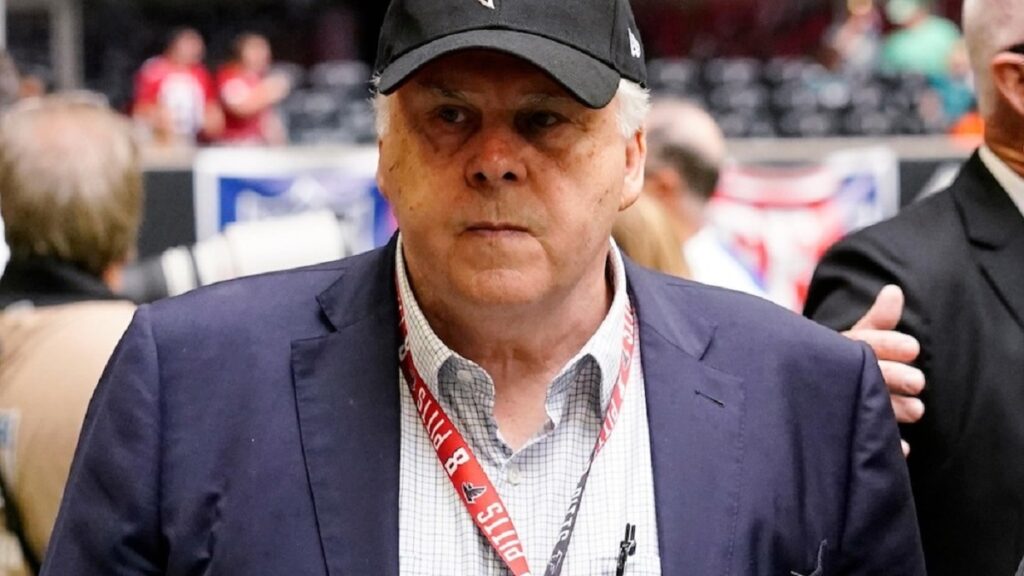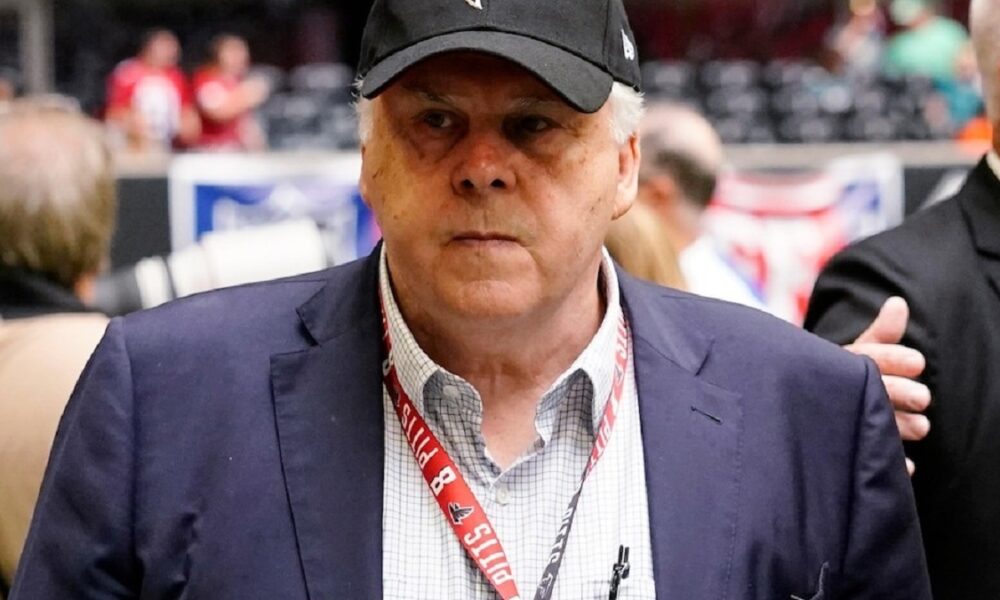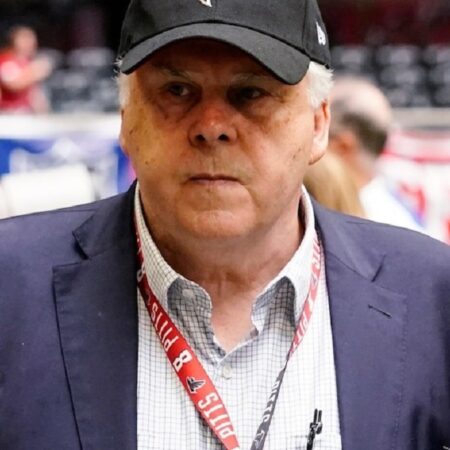Frederick W. Smith, the visionary founder of FedEx Corporation who transformed global logistics and held ownership stakes in professional sports franchises, has died at the age of 80. The business titan’s death marks the end of an era for one of America’s most influential transportation companies.
From Marine to Business Revolutionary
Smith’s journey from military service to corporate leadership exemplifies the American entrepreneurial spirit. After graduating from Yale University in 1966, he served as a U.S. Marine Corps officer, completing two tours in Vietnam where he earned decorations for bravery and combat wounds. Rising to the rank of captain before leaving the military in 1969, Smith would later credit his Marine experience as the foundation for everything he accomplished in business.
“Everything he did running FedEx came from his experience in the Marines, not what he learned at Yale,” Smith told The Associated Press in a 2023 interview, highlighting how military discipline shaped his business philosophy.
Building the FedEx Empire
In 1973, Smith launched FedEx with a revolutionary concept: delivering small parcels and documents faster than traditional postal services. What started as an ambitious startup grew into a global transportation and logistics powerhouse that now processes an average of 17 million shipments per business day.
The company became more than just a delivery service—it evolved into an economic bellwether that countless businesses depend on for their operations. Smith’s leadership transformed FedEx into a household name synonymous with reliability and speed, fundamentally changing how commerce operates in the modern world.
Smith stepped down as CEO in 2022 but remained as executive chairman, continuing to guide the company he built from the ground up over nearly five decades.
Sports Ownership and NFL Connections
Beyond his corporate achievements, Smith made significant investments in professional sports. From 2003 to 2021, he held a minority ownership stake in the Washington NFL franchise alongside partners Robert Rothman and Dwight Schar. The trio collectively owned 40% of the team under then-owner Dan Snyder.

Smith’s involvement in the franchise extended beyond mere investment. He advocated for the team’s controversial name change, with FedEx—which held stadium naming rights—publicly supporting the rebrand. The company issued a statement requesting the name change, demonstrating Smith’s willingness to use corporate influence for social causes.
The ownership relationship soured over time, leading to a federal lawsuit in November 2020. Smith and his partners sued Snyder for allegedly interfering with a pending $900 million sale of their shares, claiming improper use of right-of-first-refusal provisions.
Extensive Sports Partnerships
FedEx’s sports involvement under Smith’s leadership extended far beyond team ownership. The company secured a 27-year, $205 million naming rights deal for the Washington franchise’s stadium in 1999, though it ended the agreement two years early in 2024 following the team’s sale to Josh Harris.
In Memphis, FedEx’s hometown, the company’s sports investments ran deep. The FedEx Forum serves as home to both the Memphis Grizzlies NBA team and the University of Memphis Tigers basketball program. Smith’s family demonstrated continued commitment to local athletics with a $50 million donation in 2023 for renovations to Simmons Bank Liberty Stadium, home of the Tigers football team.
The company also sponsors the PGA Tour’s FedExCup, the season-long points competition and playoffs, maintaining a nearly 40-year partnership with professional golf.
Family Legacy in Sports
Smith’s influence in sports extends through his family, particularly his son Arthur Smith, who served as head coach of the Atlanta Falcons before becoming offensive coordinator for the Pittsburgh Steelers. The elder Smith’s support for his son’s coaching career exemplified his dedication to family alongside business success.
Philanthropic Impact and Corporate Responsibility
Throughout his career, Smith maintained a commitment to philanthropy and community investment. Last year, FedEx pledged $25 million over five years for name, image, and likeness sponsorship deals with University of Memphis athletes, demonstrating ongoing support for educational athletics.
Despite his prominence in Memphis and national business circles, Smith generally avoided the public spotlight, preferring to focus on work and family. His rare public appearance came in the 2000 film “Cast Away,” where he made a cameo in the movie starring Tom Hanks as a stranded FedEx employee.
Industry and Community Response
The business and sports communities have responded with tributes highlighting Smith’s transformative impact. PGA Tour Commissioner Jay Monahan praised Smith as “a visionary who led every day with tremendous character and values,” noting FedEx’s monumental influence on professional golf.
The Washington Commanders organization issued a statement mourning Smith’s passing, describing him as “a highly respected philanthropist and innovative businessman” who “proudly served our country in the US Marine Corps.”
Lasting Legacy
Frederick Smith’s death represents the loss of a true American business pioneer who fundamentally changed how the world moves packages and information. From his military service to building a global logistics empire, his life exemplified innovation, leadership, and determination.
His legacy lives on through FedEx’s continued operations, the countless businesses that rely on modern logistics, and the sports organizations that benefited from his investment and vision. Smith’s story—from Marine officer to corporate titan—remains an inspiration for entrepreneurs and business leaders worldwide.
The transportation and logistics industry, professional sports landscape, and Memphis community have lost a transformative figure whose impact will be felt for generations to come.
For more breaking business news and sports updates, stay connected with Personalized Blog.








No Comment! Be the first one.